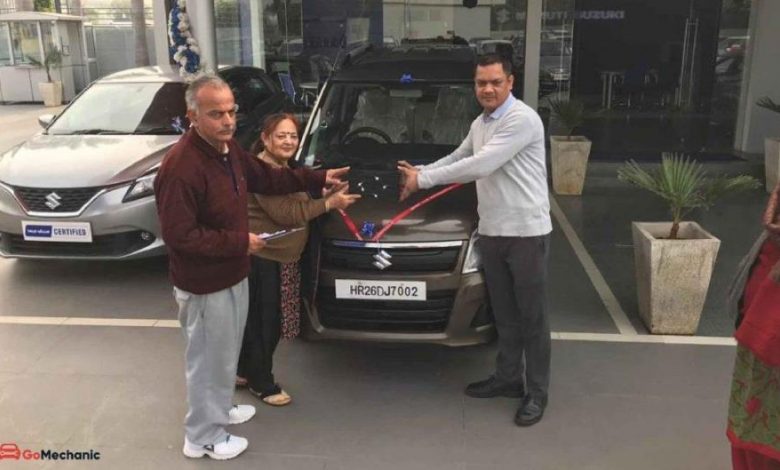The Pros and Cons of Buying from a Car Dealer vs. Private Seller

The Pros and Cons of Buying from a Car Dealer vs. Private Seller
The Benefits of Buying from a Car Dealer
Finding the perfect car can be an exciting but challenging process. One of the first decisions you’ll need to make is whether to buy from a car dealer or a private seller. Both options have their own advantages and drawbacks, so it’s crucial to consider them before making a decision.
Pros of Buying from a Car Dealer:
1. Warranty: Car dealers often provide warranties on their vehicles, giving you peace of mind and protection against unexpected repairs.
2. Financing Options: Dealerships usually offer financing options, making it easier to purchase a car, especially if you don’t have enough cash on hand.
3. Certified Pre-Owned Vehicles: Car dealers often have a selection of certified pre-owned vehicles that come with extended warranties, ensuring that you’re getting a high-quality car.
4. Trade-In Options: If you have an old car you want to get rid of, car dealerships offer trade-in options, allowing you to use its value as a down payment on your new vehicle.
The Advantages of Buying from a Private Seller
Pros of Buying from a Private Seller:
1. Lower Prices: Private sellers may offer lower prices compared to car dealerships because they do not have overhead costs or dealer fees.
2. Negotiation Flexibility: Private sellers are typically more willing to negotiate on the price, especially if they are eager to sell the car quickly.
3. Less Sales Pressure: When dealing with a private seller, you can avoid the sales tactics often used by car dealerships, allowing you to make a more relaxed and informed decision.
The Drawbacks of Buying from a Car Dealer
Cons of Buying from a Car Dealer:
1. Higher Prices: Car dealerships generally have higher price tags due to factors such as overhead expenses, commissions, and profit margins.
2. Less Negotiation: While negotiations are still possible at car dealerships, there may be less room for bargaining compared to private sellers.
3. Additional Fees: Car dealerships often charge additional fees such as administrative costs, documentation fees, and vehicle preparation fees.
The Downsides of Buying from a Private Seller
Cons of Buying from a Private Seller:
1. No Warranty: Unlike car dealerships, private sellers usually sell their vehicles “as-is,” meaning you’re responsible for any repairs or issues that arise.
2. Limited Financing Options: Private sellers usually only accept cash or bank transfers, so if you need financing, you may need to explore other options.
3. Uncertain Vehicle Condition: Private sellers may lack detailed maintenance records or may not be as knowledgeable about the car’s history as a dealer would be.
Frequently Asked Questions (FAQs)
FAQ 1: Can I trade in my old car if I buy from a private seller?
No, private sellers usually do not accept trade-ins. If you want to trade in your old car, buying from a car dealer would be a better option.
FAQ 2: Can I get financing when buying from a private seller?
While private sellers generally prefer cash or bank transfers, you can explore financing options through your bank or credit union to complete the purchase.
FAQ 3: Do I still need a pre-purchase inspection when buying from a car dealer?
Yes, it’s always recommended to get a pre-purchase inspection regardless of whether you’re buying from a car dealer or a private seller. This helps ensure there are no hidden issues with the vehicle.
In conclusion, buying from a car dealer offers the advantage of warranty, financing options, and trade-in opportunities. On the other hand, purchasing from a private seller often means lower prices, negotiation flexibility, and less sales pressure. Consider your budget, preferences, and the specific circumstances of the seller to make an informed decision.



